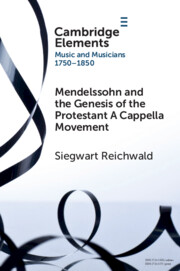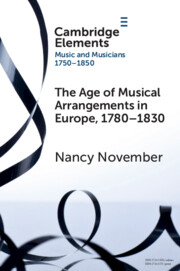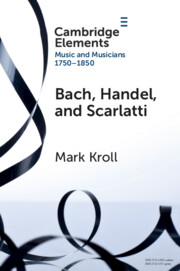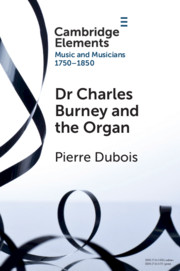About the Series
Music and Musicians, 1750-1850 explores musical culture in the late eighteenth and early nineteenth centuries through individual, cutting-edge studies (c. 30,000 words) that imaginatively re-think a period traditionally associated with high classicism and early romanticism. The series interrogates images and reputations, composers, instruments and performers, critical and aesthetic ideas, travel and migration, and music and social upheaval (including wars and conflicts), thereby demonstrating the cultural vibrancy of the period. Through discussion of musicians’ interactions with one another and with non-musicians, real-world experiences in and outside music, evolving reputations, and little studied career contexts and environments, Music and Musicians, 1750-1850 works across the conventional ‘silos’ of composer, genre, style, and place, as well as in many instances across the (notional) 1800 divide. All contributions appeal to a wide readership of scholars, students, practitioners and informed musical public.
Key Features:
- Proposes new views of late eighteenth- and early nineteenth-century music and musicians.
- Situates musical achievements between 1750 and 1850 in context.
- Examines the careers, contributions, and achievements of little-studied musicians.
- Extends discussion of late eighteenth- and early nineteenth-century music beyond the traditional focal points of central and southern Europe.
Series Editor: Simon P. Keefe, University of Sheffield, UK
Elements in this series
About the Editor
Simon P. Keefe is James Rossiter Hoyle Chair of Music at the University of Sheffield. He is the author of four books on Mozart, including Mozart in Vienna: the Final Decade (Cambridge University Press, 2017) and Mozart’s Requiem: Reception, Work, Completion (Cambridge University Press, 2012), which won the Marjorie Weston Emerson Award from the Mozart Society of America. He is also the editor of seven volumes for Cambridge University Press, including Mozart Studies and Mozart Studies 2. In 2005 he was elected a life member of the Academy for Mozart Research at the International Mozart Foundation in Salzburg.






